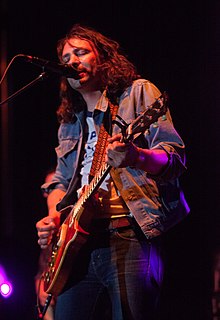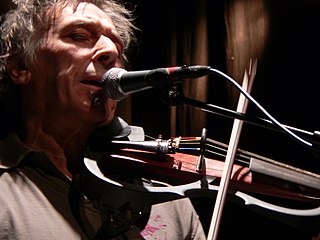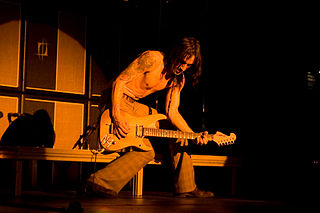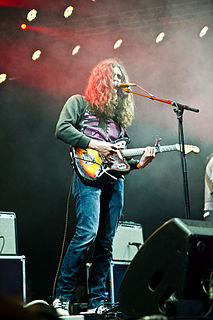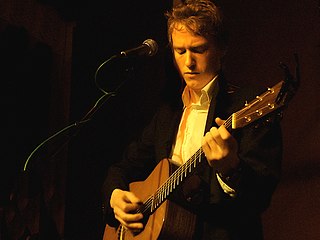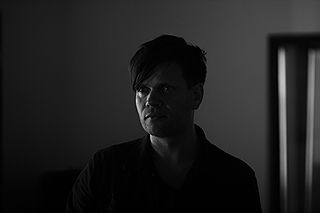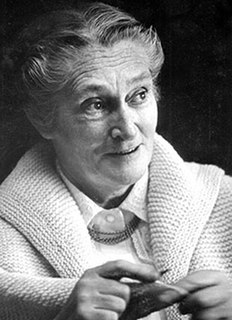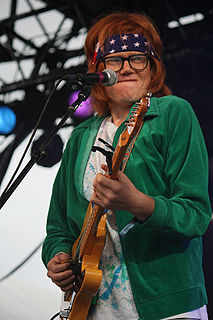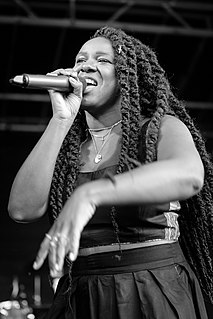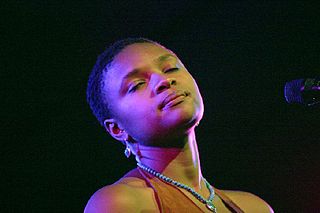A Quote by Adam Granduciel
With 'Slave Ambient', I was writing things on top of loops. Now I really get the structure of the song down, but I leave room for improvisation in the studio.
Related Quotes
I write in the studio, I don't sit around with a piano or a guitar and write songs. I get satisfaction out of that because I can finish the song really quickly. I can use whatever momentum I have. I've got to put it down, develop it, and get it as far [as I can], because the excitement of the moment of when you get that idea - you want to try and hold it and build on it and really gain strength from it. Being in the studio and writing songs like that is really the best way.
I think I became a better writer after I started writing for the New Yorker. Well, I know I did. And part of it was having my New Yorker editor and part of it is that was when I started really going on tour and reading things in front of an audience 30 times and then going back in the room and rewriting it and reading it and rewriting it. So you really get the rhythm of the sentences down and you really get the flow down and you get rid of stuff that's not important.
Music and writing do fold together in the sense that you have to have a certain level of skill in order to execute your ideas and you need a medium. The idea of improvisation is one that many writers fall into, and I improvise a great deal when I'm writing, but there's a structural framework that I'm working around, and that takes more time than the actual writing. Once the characters get to yapping and talking, they'll move from one room to the next, and I just have to make sure that the house is built. That's really hard, that's the kind of thing that sits with you all day long.
Knitting is formed by a series of loops pulled through loops to the end of time or to 'desired length'. By picking up loops and working in the opposite direction you are really picking up the concavities between the loops, and it is sheer unexpected witchcraft that stocking stitch and garter stitch will permit such an anomaly. Be grateful for this and don't expect anymore.
Performing is really close to being in studio but performing takes over because being in the studio is two things; the first thing is that it is really beautiful to improvise and jam, but afterwards it becomes hard because it's very rare that a song will come together quickly. Most of the time it's back and forth and trial and error. You start questioning whether the song is good or not. So that can be quite tough.
I like the idea that within the structure of the song, some kind of built-in improvisation keeps them fragile and in their moment, so that I'm not projecting so much, so that my perception of the song doesn't interfere with what its real body is. Sometimes it's like telling a story that I heard in passing, and I don't want it to become completely mine.
